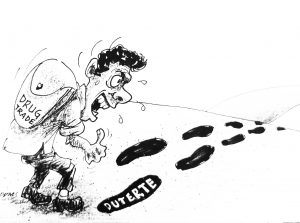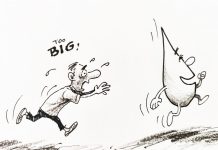The war on drugs in the Philippines has been a contentious issue, with President Rodrigo Duterte at the forefront since assuming office in 2016. Duterte’s administration has maintained a strong and relentless approach to curb the drug problem in the country, which has seen tremendous successes. But with Duterte out of the scene now, the resurgence of drug proliferation has gradually emerged.
Duterte’s strong stance against illegal drugs has had a significant impact on curbing drug-related activities in the Philippines. His administration has implemented comprehensive policies that focus on anti-drug law enforcement, rehabilitation programs, and government-led community initiatives. The effectiveness of these strategies can be seen in the reduction of drug-use prevalence, the dismantling of drug syndicates, and the seizure of illegal drugs.
One aspect that sets Duterte apart in the war on drugs is his zero-tolerance policy, which entails aggressive law enforcement efforts targeting drug suppliers, dealers, and users. The absence of Duterte’s uncompromising approach, driven by his strong personality, led to diminished law enforcement efforts and fewer crackdowns on drug operations. But with a more lenient approach, consequences such as an increase in drug-related crimes, the resurgence of powerful drug syndicates, and escalating violence associated with these activities became quite common.
One good thing about Duterte’s administration was that it also prioritized rehabilitation programs to address the root causes of drug addiction and provide necessary support to drug dependents. Without Duterte’s leadership and commitment, the continuity of such programs were compromised. The absence of these initiatives not only denies individuals the opportunity for recovery but also hinders efforts to reintegrate them as productive members of society, leading to a relapse in drug-related activities.
Consider the wider socio-political implications associated with Duterte’s absence. His strong anti-drug stance has garnered significant public support, which has influenced the perception of drug-related activities within the country. The absence of his leadership may result in a shift in public sentiment, potentially leading to a loosening attitude towards drug use and a decreased urgency to combat drug proliferation. This shift in public opinion, coupled with weakened law enforcement and rehabilitation efforts, would create an environment conducive to the resurgence of drug-related issues in the Philippines.




